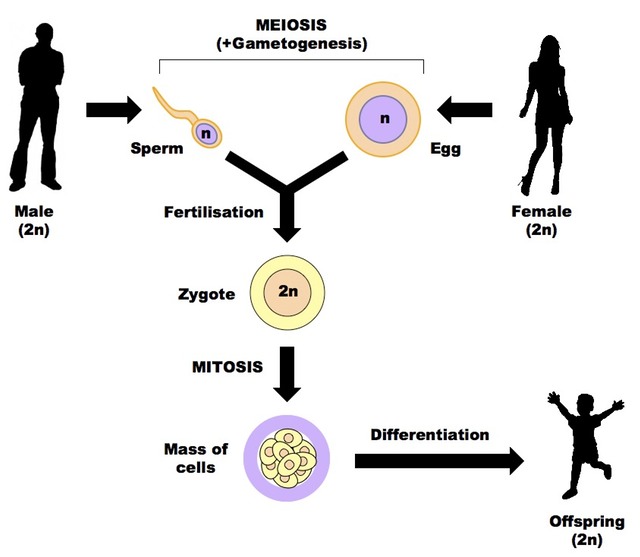The cells in your body multiply at an incredibly fast rate your body makes about 3 8 million new cells a second

The Remarkable Speed at Which Your Body Creates Cells

Have you ever wondered how your body maintains its intricate network of organs, tissues, and systems? It’s all thanks to the incredible rate at which your cells multiply. In fact, your body produces approximately 3.8 million new cells every second!
But what does this mean exactly? How does your body achieve such a phenomenal feat? Let’s dive into the fascinating world of cell multiplication and uncover the secrets that keep you going.
A Continuous Cycle of Cell Division
Cell multiplication, also known as cell division, is an intricate biological process that ensures the growth, repair, and replacement of damaged cells in your body. It is a fundamental aspect of life and occurs in all living organisms.
At the heart of this process lies the cell cycle, a series of stages that cells go through before they divide. The cell cycle consists of three main phases: interphase, mitosis, and cytokinesis. During interphase, the cell prepares itself for division by growing, replicating its DNA, and performing essential functions. Mitosis, the second phase, involves the distribution of the replicated DNA into two identical sets. Lastly, cytokinesis completes the process by separating the contents of the cell into two distinct cells.
The Powerhouse of Cell Multiplication

While cell multiplication occurs throughout your body, certain tissues and organs exhibit particularly rapid rates of division. For instance, the bone marrow continuously produces new blood cells, ensuring the constant renewal of your supply.
Additionally, skin cells rapidly multiply to replace the outer layer of damaged skin, protecting your body from infections and external damage. Even our gastrointestinal tract requires a continuous supply of new cells to maintain its function.
The Significance of Cell Multiplication
Cell multiplication plays a crucial role in maintaining the overall health and functioning of your body. From healing wounds to fighting off infections, this process is essential.
As we age, however, the rate of cell multiplication tends to decline. This reduced cell production contributes to the natural aging process and may lead to a delay in tissue repair, a weakened immune system, and a slower metabolism. Understanding the intricacies of cell multiplication is essential in exploring ways to mitigate the effects of aging and promote overall well-being.
In conclusion, the thought of your body producing around 3.8 million new cells per second is indeed mind-boggling. Cell multiplication is a continuous and intricate process that plays a vital role in maintaining your body’s functionality. By unraveling the mysteries behind this fascinating phenomenon, scientists hope to uncover new ways to enhance health and extend the quality of life.
Source: ScienceAlert
Tags
Share
Related Posts
Quick Links
Legal Stuff

